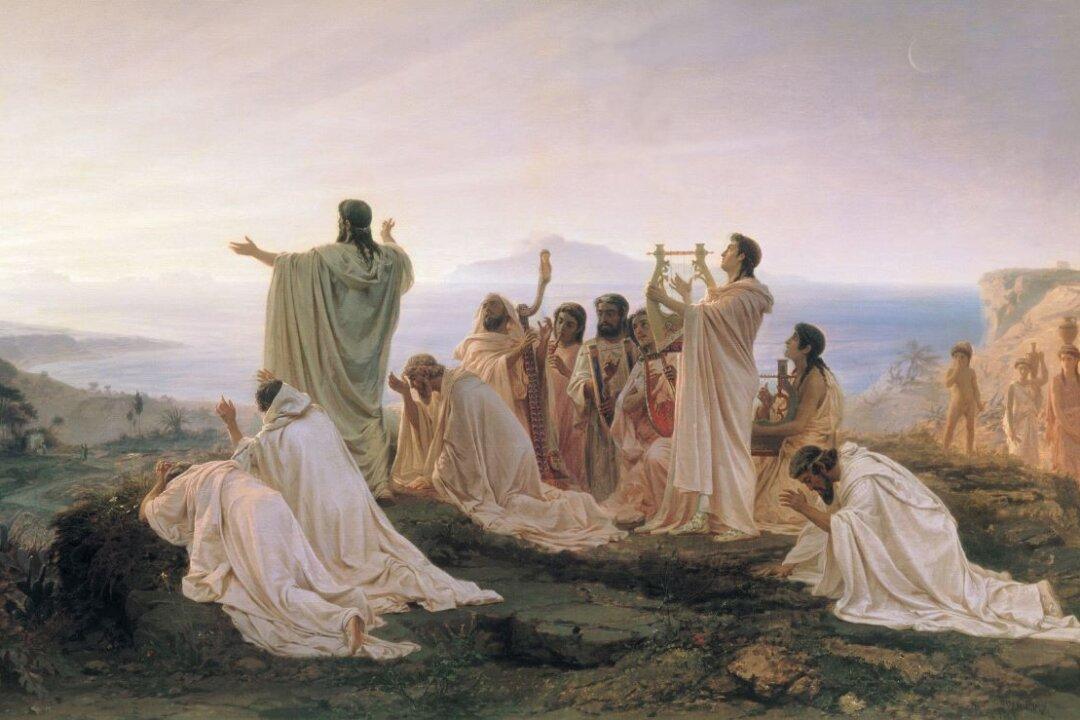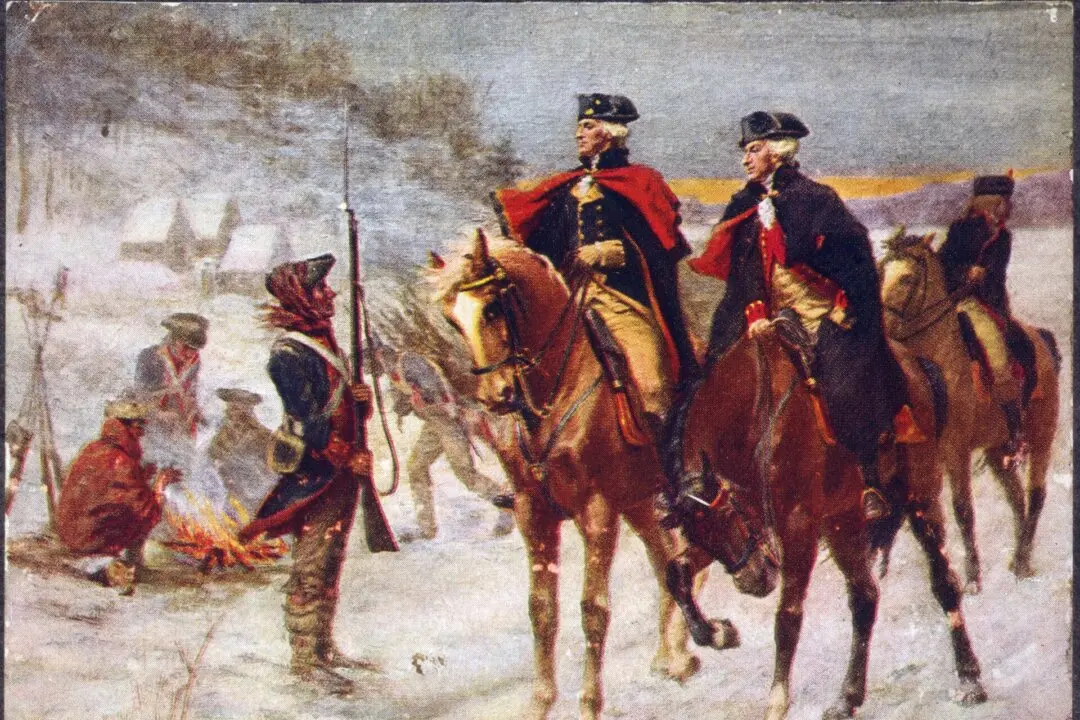Personal tragedy can often be a catalyst for change and growth. While we don’t envy people who experience it, we admire those who bear it well and are able to transmute their pain into something good or beautiful. For example, “The Divine Comedy” exists because Dante suffered the double misfortune of losing his beloved Beatrice and being exiled from Florence for life.
Abraham Lincoln is another case in point. Over the course of his life, he endured the death of numerous family members, including his second son. Later, while in the White House, his third son died and he witnessed the mental deterioration of his wife, Mary Todd. Then, he was assassinated. Lincoln, one of the most esteemed men in history, lived one of the most unenviable lives imaginable. But where would the world be without such melancholics?





